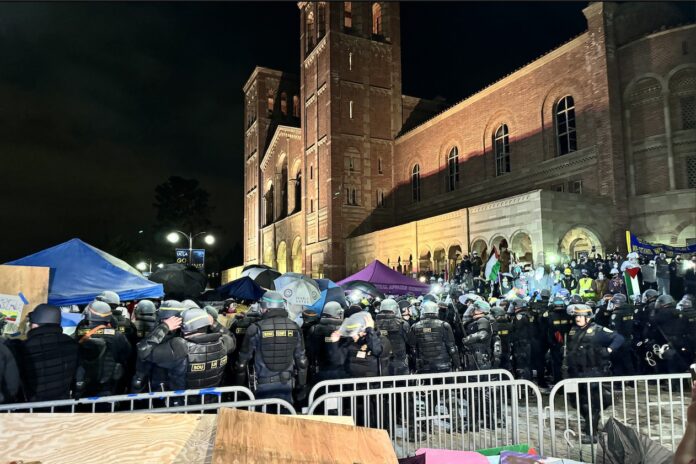A growing number of international students, including Chinese nationals enrolled at prestigious institutions such as Harvard, Stanford, Carnegie Mellon, and Dartmouth, have recently had their U.S. student visas revoked without prior notice. The unexpected cancellations have sparked confusion and concern among students and legal experts alike.
The move comes amid a renewed hardline immigration stance following the return of Donald Trump to the White House. While the administration had previously focused on undocumented immigration, recent actions suggest a widening of enforcement to include certain categories of legal immigrants and international students.
U.S. Secretary of State Marco Rubio commented on April 10 that the government will continue to revoke the visas of foreign students involved in what he described as “extremist behavior” on campus. “A visa is not a right,” Rubio emphasized, “it is a privilege granted by the United States.” While he reiterated America’s general openness to international students, he added that those engaged in “disruptive activities” will face consequences.
Rubio previously disclosed that over 300 student visas were revoked last month on the basis of pro-Palestinian views or related conduct. However, many universities have reported that Immigration and Customs Enforcement (ICE) made no prior communication with school administrators, instead canceling student statuses abruptly — a number of which involve Chinese nationals.
One Chinese student at Carnegie Mellon University reportedly had their visa canceled without explanation. In another case, Liu Xiaotian, a Chinese PhD student at Dartmouth College, was notified of her visa revocation on April 4. Liu has since filed a legal challenge in federal court in New Hampshire.
Some students claim to have received visa cancellations just weeks before graduation. One such student, despite an excellent academic record and having been accepted into a top ten U.S. graduate program, is now facing deportation — allegedly due to a past domestic incident in 2024 involving a dispute with an ex-boyfriend, which led to a police report but no conviction.
Legal experts believe these cases may represent a broader policy shift, with authorities scrutinizing even minor or resolved legal issues. Speaking with a U.S.-based immigration attorney, Calfocus News learned that affected students may seek temporary remedies such as negotiating with their university to complete their degrees remotely, or filing a motion under INA §246 to halt immediate deportation while legal recourse is pursued.
Notably, a §246 motion — typically filed by the government to rescind lawful status — may be used by defense attorneys as a strategic countermeasure. If deportation is paused, students could remain in the U.S. while challenging the revocation. In extreme cases, attorneys may petition federal courts, arguing that sudden cancellations violate due process rights under the U.S. Constitution, especially when prior offenses were disclosed and resolved, and visas were still granted.
“These students are often blindsided,” the attorney said. “If someone was cleared, returned to the U.S. legally, and is now being deported just before graduation, it raises serious constitutional questions.”
The situation is still developing, and legal professionals advise affected students to act quickly, remain in contact with their schools, and seek immediate legal counsel.

